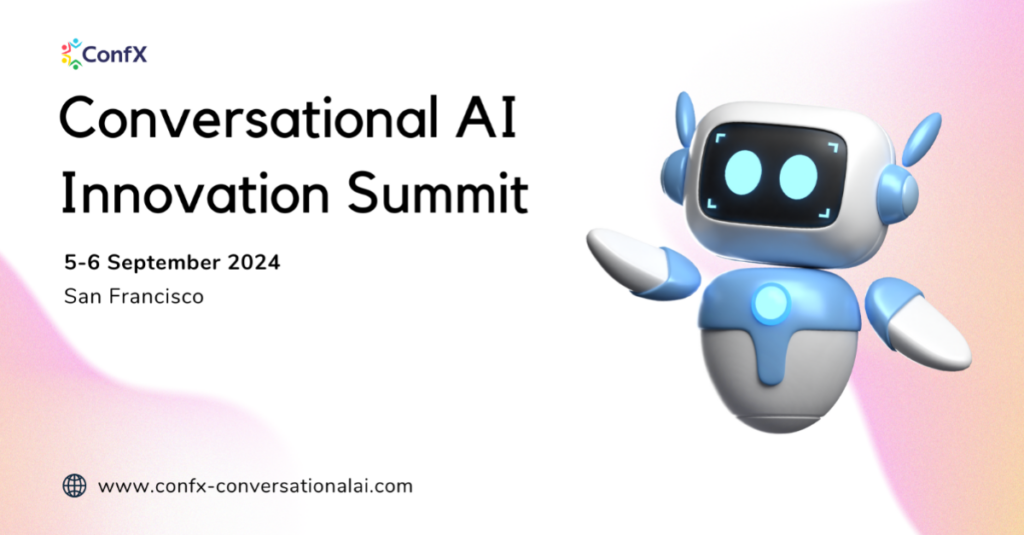
Audience
- Sentiment: Positive
- Political Group: Moderate
- Age Group: 18-34
- Gender: All genders
Overview
- The AI Action Summit in Paris marked a shift from regulation to innovation in discussions about AI.
- World leaders emphasized the importance of creating an ‘innovation-friendly’ atmosphere to attract talent and investment.
- The summit highlighted the need for collaboration between various stakeholders to ensure responsible AI development.
AI Action Summit in Paris—A Shift Towards Innovation Over Regulation
The world is changing at lightning speed, and one of the biggest drivers of this change is artificial intelligence, or AI. Recently, leaders from around the globe gathered in Paris for the AI Action Summit, and the discussions there marked a significant shift in how they view and approach emerging technologies. Instead of worrying mostly about rules and regulations, these leaders, including French President Emmanuel Macron and U.S. Vice President JD Vance, decided it was time to focus on innovation and investment. This new perspective raises many questions about the future of AI and how it will shape our lives. Let’s dive into what happened at the summit and why it is so important.
Old Concerns in a New Light
In previous discussions about AI, the main focus was often on safety and regulation. There were many worrying headlines about AI making decisions without human oversight or about the technology being used in ways that could infringe on people’s rights. While it’s crucial to address these concerns—after all, we want technology that benefits everyone without causing harm—the Paris summit took a different tack. Instead of diving into doom-and-gloom scenarios, world leaders wanted to play “cheerleader” for innovation.
This shift in tone is notable. Think about it: if you were trying to encourage a friend to join a new sport, would you focus more on the dangers of injury or the excitement of the game? The summit’s focus on the thrill of advancement shows that leaders believe that encouraging inventors, programmers, and innovators is essential for a bright future. On the global stage, countries are in a race—not just for sports or technology dominance, but for setting the stage in the new AI-driven economy.
The Big Picture: Why Innovation Matters
So, what’s the deal with innovation? It’s a buzzword that you’ve probably heard in school or maybe even at home. When we talk about innovation, we’re talking about the process of creating new ideas, strategies, and products that can change the way we live and work. AI is at the heart of this transformation. From chatbots that can hold a conversation to algorithms that help doctors diagnose illnesses more efficiently, AI has the potential to revolutionize numerous fields like healthcare, education, and entertainment.
One of the standout points from the summit was the agreement between the U.S. and the European Union (EU) to cut down on unnecessary regulations that could stifle progress. Leaders argued that by creating a more “innovation-friendly” atmosphere, they can attract more talent and investment. This proactive stance could lead to more job opportunities, more start-up companies popping up, and ultimately, better technology for us all.
A Balancing Act: Innovation vs. Safety
While the collective excitement for AI is palpable, it’s essential to remember that innovation doesn’t exist in a vacuum—especially not with something as powerful as AI. Critics from digital rights groups and AI ethics advocates stood up to voice their concerns at the summit. Their worry? That prioritizing innovation over regulations could lead to a scenario where people’s rights might be overlooked, and the risks of AI development could spiral out of control.
Think about it this way: imagine a new video game that’s super fun to play, but it has a glitch that could erase all your progress. If the developers had prioritized fixing that glitch along with adding fun new features, players would have a much better experience. In the same way, if AI developers don’t pay attention to safety and ethics while they’re creating new technologies, we could end up with systems that are powerful but potentially harmful.
The Case for Collaboration
The summit highlighted that maintaining a balance between innovation and safety doesn’t have to be an “either/or” scenario. Leaders can implement guidelines that protect human rights while still encouraging technological advancements. Throughout history, the most significant breakthroughs often came when different sectors worked together—scientists, politicians, ethicists, and activists all pulling in the same direction.
Imagine if your favorite sports team just recruited people based on their ability to score points without thinking about teamwork. They would rack up great individual scores but fail to win games. Collaboration can ensure that AI evolves in ways that benefit everyone. By engaging a variety of stakeholders in discussions, the aim should be to create clear frameworks for responsible AI development that satisfy both innovative energy and the necessary precautions for society’s well-being.
Looking Forward: The Future of AI
What’s next? It’s interesting to contemplate where this renewed focus on innovation will take us. Many experts believe that the next few years could see an explosion of AI products that are more powerful and integrated into our daily lives than ever before. From smarter virtual assistants that can anticipate your needs to AI systems that improve education and training, the possibilities are endless.
But there’s also a lot of uncertainty. Will this speedy pace of development cause unforeseen consequences? As students and members of the upcoming generation, you’re in a unique position to be a part of this conversation. AI will play a role in the jobs you take, the tools you use, and even the way you interact with friends and family. Every breakthrough could mean new chances and challenges.
Conclusion: A Call to Action
The AI Action Summit in Paris marks a new chapter in the global conversation about technology and its role in society. It’s exciting to think about all the innovations on the horizon, but we should also keep an eye on the potential risks that could come along with it. Balancing innovation with safety is the key to making sure that AI works for all of us and not against us.
So, here’s a question for you: What are your thoughts on the future of AI? Are there specific AI advancements you’re looking forward to, or are you concerned about the implications of letting innovation lead the way? I’d love to hear your opinions in the comments below!






